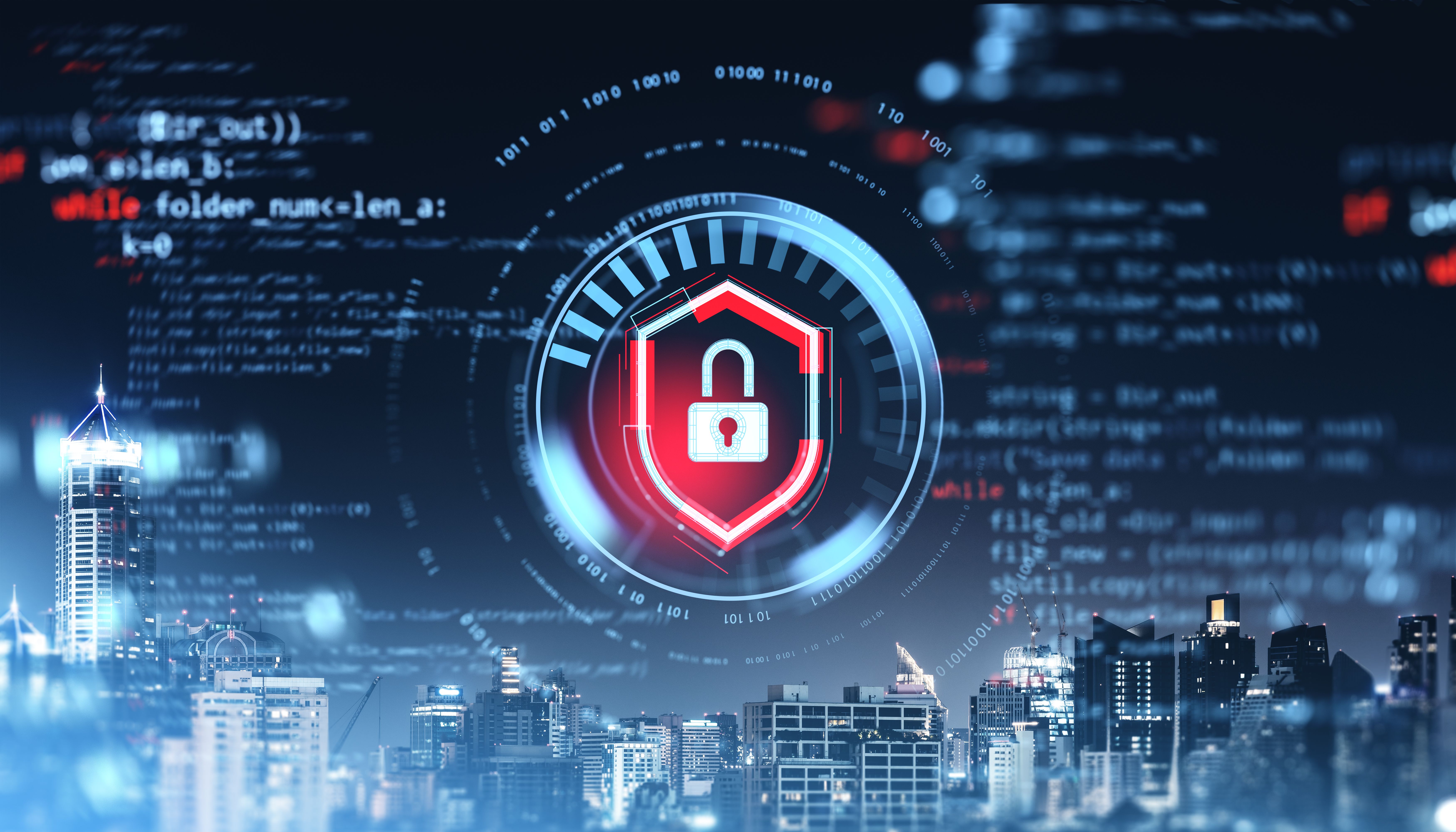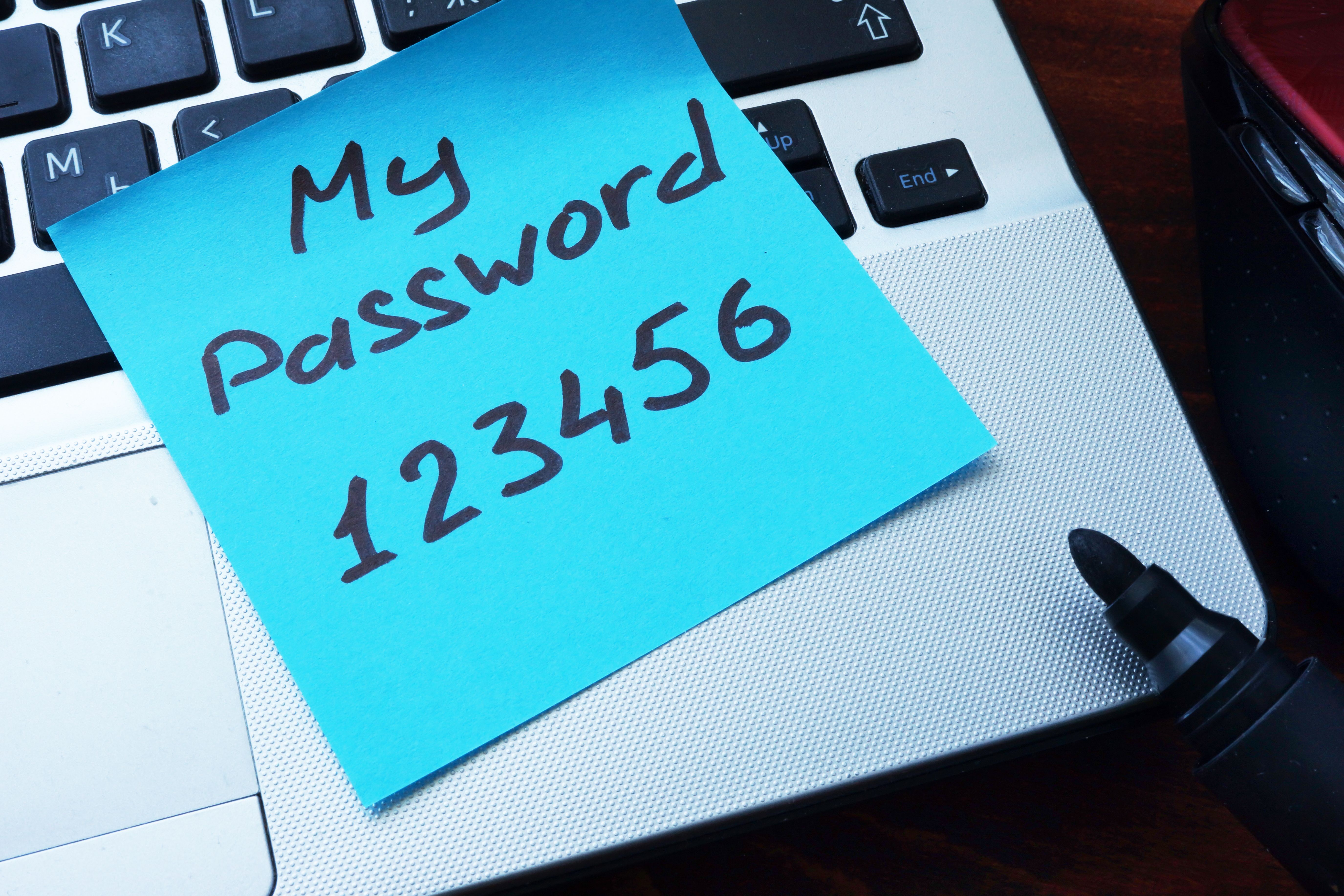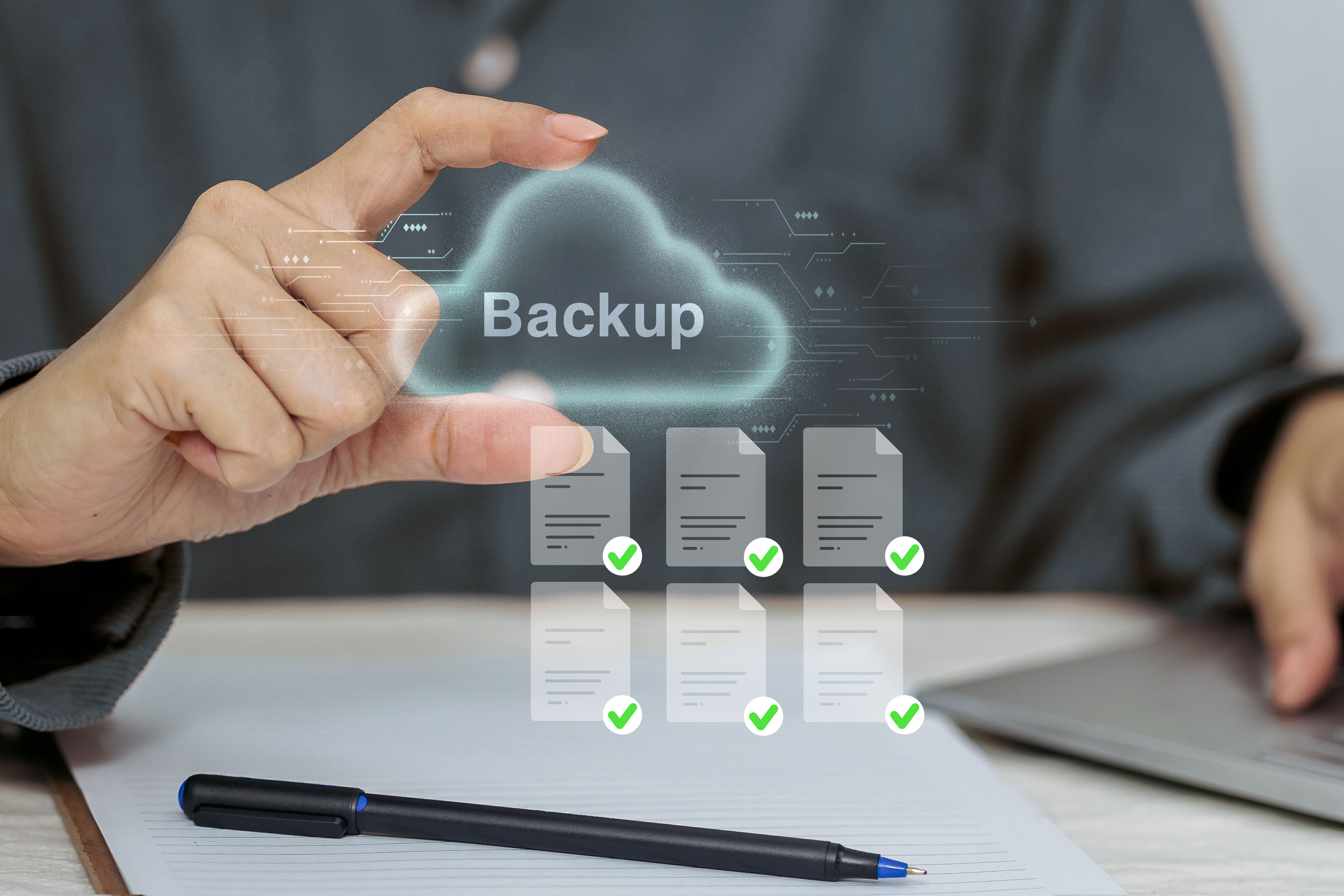Essential Security Tools to Keep You Safe Online
Understanding the Importance of Online Security
In today's digital age, the internet is an integral part of our lives. From online banking to social media, our personal information is constantly at risk of cyber threats. Understanding the importance of online security is the first step in protecting yourself against these threats.

Antivirus Software: Your First Line of Defence
Antivirus software is essential for protecting your computer from malicious attacks. It works by scanning your system for viruses, malware, and other threats. Many antivirus programs also offer additional features such as real-time protection, firewalls, and anti-phishing tools. Some popular antivirus programs include:
- Norton Antivirus
- McAfee
- Kaspersky
The Role of Firewalls
A firewall acts as a barrier between your device and the internet, monitoring incoming and outgoing traffic. It blocks unauthorised access while allowing legitimate traffic to pass through. Firewalls can be software-based or hardware-based, with most operating systems including a built-in software firewall.

Types of Firewalls
There are several types of firewalls to consider:
- Packet-filtering firewalls: These filter packets based on predefined rules.
- Stateful inspection firewalls: These monitor active connections and make decisions based on the state of the traffic.
- Proxy firewalls: These act as intermediaries between your network and external networks.
Securing Your Passwords
A strong password is crucial for online security. Avoid using easily guessed passwords like "123456" or "password". Instead, use a combination of upper- and lower-case letters, numbers, and symbols. Consider using a password manager to keep track of your passwords and ensure they are strong and unique.
Password Managers
Password managers not only store your passwords securely but also generate complex passwords for you. Some popular options include:
- LastPass
- Bitdefender
- 1Password
- Dashlane

Two-Factor Authentication: An Extra Layer of Security
Two-factor authentication (2FA) adds an extra layer of security by requiring a second form of verification in addition to your password. This could be a code sent to your phone or an authentication app. Enabling 2FA on your accounts can significantly reduce the risk of unauthorised access.
Keeping Software Up-to-Date
Regularly updating your software is vital for maintaining security. These updates often include patches for vulnerabilities that could be exploited by hackers. Ensure that your operating system, browsers, and any installed applications are always up-to-date.
The Importance of Regular Backups
Backing up your data is an essential part of online security. In the event of a cyberattack, having a backup ensures that you can recover your files without paying a ransom or suffering significant data loss. Use cloud storage services or external hard drives to back up your important data regularly.

Conclusion: Stay Vigilant and Informed
Staying safe online requires vigilance and awareness. Employing essential security tools such as antivirus software, firewalls, strong passwords, two-factor authentication, and regular updates can significantly enhance your online protection. By staying informed about potential threats and adopting these security measures, you can better protect yourself in the digital world.
